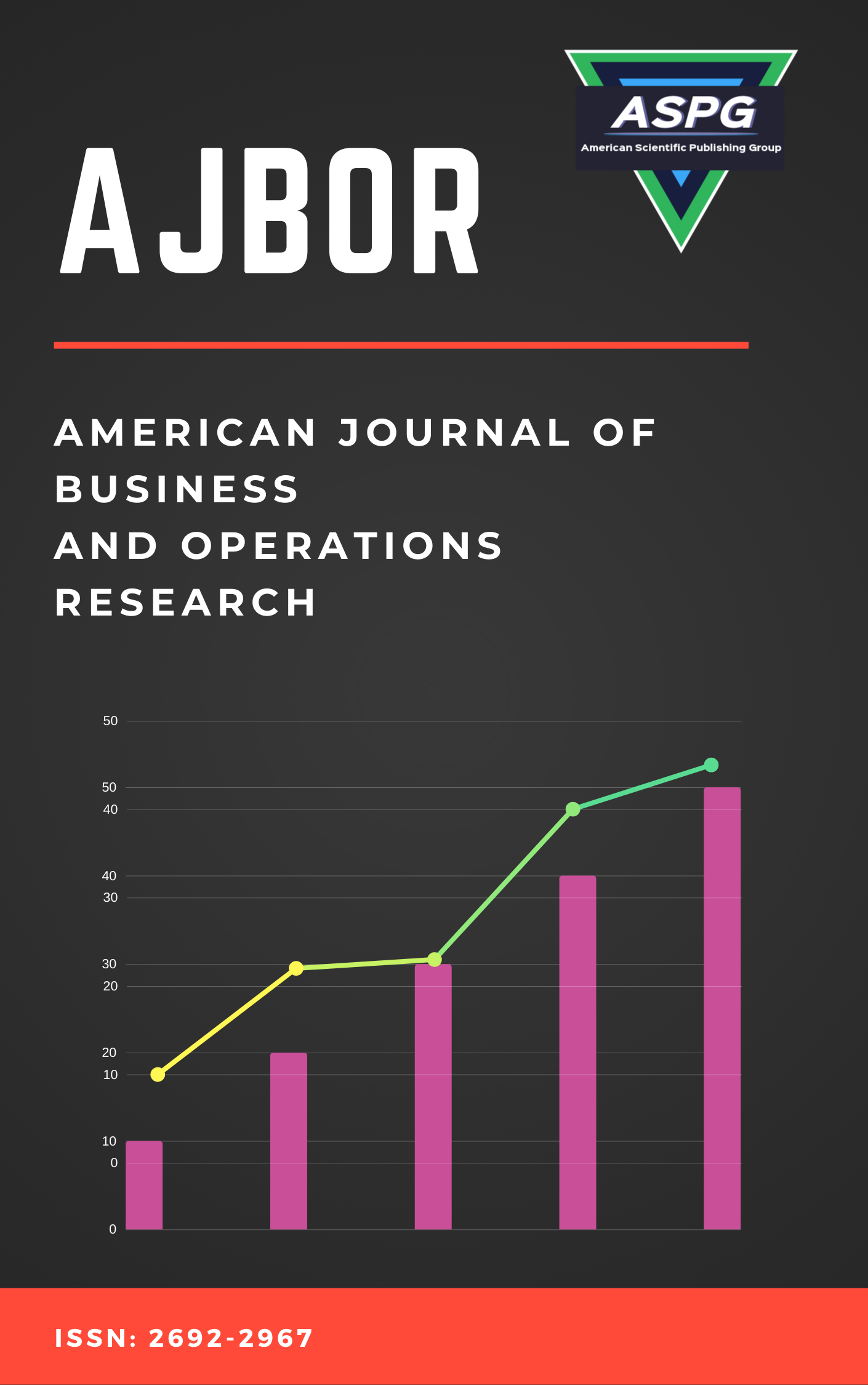

Volume 0 , Issue 1 , PP: 43-54, 2019 | Cite this article as | XML | PDF | Full Length Article
Hazem Hanbal 1 * , Saad Metawa 2
Globally, Small and Medium Size Enterprises (SMEs) are considered the main contributors to economic activities. In the European Union, SMEs account for around 67 percent of the overall employment by the private sector and were considered the cushion that protected the economy during the recent financial crisis in 2008 [2]. While in the USA, and according to the Small Business Administration and Small Business House, SMEs are responsible for more than half of the private sector non-farm GDP of the nation. In the Middle East and North Africa (MENA) region, a recent study by the World Bank revealed that SMEs employ around 40 percent of the workforce in the formal sector (non-agriculture). This number would increase if the informal sector were included. Generally, SMEs are seen as the potential for economic development and a significant source for jobs creation, especially when looking into developing countries. In Egypt, with the declining role of the government being the primary employer until the nineties of last century, and the private sector taking over this role, and the fact that SMEs are the significant portion of the private sector, it is significantly essential to support SMEs for the creation of new jobs, and overall social stability. Constrains facing SMEs are many and are usually different from those facing large businesses. It is also observed that rates of business failure within SMEs are generally higher than with large corporates. This paper aims to seek to identify the reasons behind the failure of SMEs, with a look into the Egyptian and Middle East situations.
Small and Medium Enterprises, Egyptian stock market, failure of SMEs
[1] World Bank study on role of SMEs in job creation (2012).
[2] Shabir Hyder Robert N. Lussier, (2016),"Why businesses succeed or fail: a study on small
[3] Businesses in Pakistan", Journal of Entrepreneurship in Emerging Economies, Vol. 8 Iss pp. 82 - 100
[4] IFC, World Bank study on Islamic banking opportunities across Small and Medium Enterprises in Egypt (2012).
[5] Lussier Model, Robert N. Lussier. Professor of Management, Department of Business Management. Springfield College, Springfield, MA 01109
[6] Aleksandar Karaev S.C. Lenny Koh Leslie T. Szamosi, (2007),"The cluster approach and SME
[7] Competitiveness: a review", Journal of Manufacturing Technology Management, Vol. 18 Iss 7 pp. 818 – 835
[8] Terje I. Vaaland Morten Heide, (2007),"Can the SME survive the supply chain challenges?", Supply Chain Management: An International Journal, Vol. 12 Iss 1 pp. 20 – 31